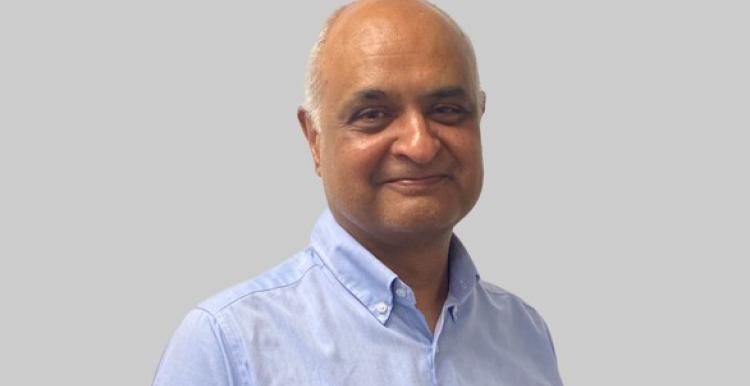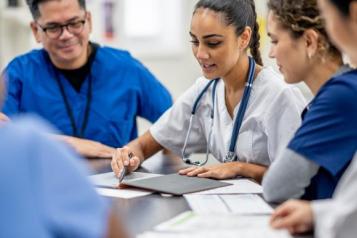GPs urge patients to help them control and contain one of the ‘greatest health risks’

Bacteria are becoming resistant to medicines at an increasing rate, turning once-treatable infections into potentially life-threatening conditions. Antimicrobial resistance (AMR) occurs when bacteria and other microorganisms evolve to survive the medicines used to fight them. This is stopping antibiotics from being as effective as they used to be and causing increased infections and deaths.
UK Health Security Agency (UKHSA) Chief Executive, Professor Susan Hopkins described antibiotic resistance as “one of the greatest health threats we face” with data* revealing the total number of antibiotic-resistant infections in 2024 as almost 400 newly reported cases a week. Figures also show that 2,379 people died from a resistant infection in 2024 and the UKHSA reports that by 2050 AMR could claim an additional 39 million lives globally.
Bury GP Federation’s Medical Director, Dr Kiran Patel, says: “More and more people are at risk of illness, and even death, from infections that can no longer be treated effectively with antibiotics.
Routine medical procedures such as dental work, or having your appendix or tonsils removed, could become extremely risky due to the threat of untreatable infections.
“It is vital that we increase awareness of antimicrobial resistance and to encourage everyone to use antimicrobials responsibly to stem the spread of drug-resistant infections.”
Cases of bacteraemia, caused by antibiotic resistance, a life-threatening infection where bacteria circulate in the blood, have increased by 9.3% - from18,740 cases in 2023 to 20,484 cases in 2024.
Dr Patel and GPs across Bury are urging patients to help them contain and control AMR through the correct use of antibiotics. He added that while AMR affects everyone, it is deepening health inequalities across society.
People in deprived areas face a 42% higher risk of developing antibiotic-resistant infections and, while 90% of antibiotic-resistant infections occur in white ethnic groups, Asian and Asian British communities experience the highest proportion of antibiotic resistant infections (nearly 40% of infections)
Juliet Bell, Senior Clinical Pharmacist with Bury GP Federation, is an ‘antibiotic champion’ with Dr Patel. With World AMR Awareness Week running from 18-24 November 2025, she is keen to highlight the issue of AMR among the patient population.
And she is urging patients to take action to protect themselves and their community:
- Don't take antibiotics for colds and flu - they won't help because these illnesses are caused by viruses, not bacteria. If in doubt, visit your local pharmacy for advice.
- Never save antibiotics for later use - they won’t work properly and could make the problem worse.
- When prescribed antibiotics, take them exactly as directed by your GP, nurse or pharmacist, and complete the course.
She adds: “Resistance to antibiotics is a growing problem, but patients can help make a vital difference. We want everyone to be better aware of the correct use of antibiotics to keep them working effectively for generations.”

